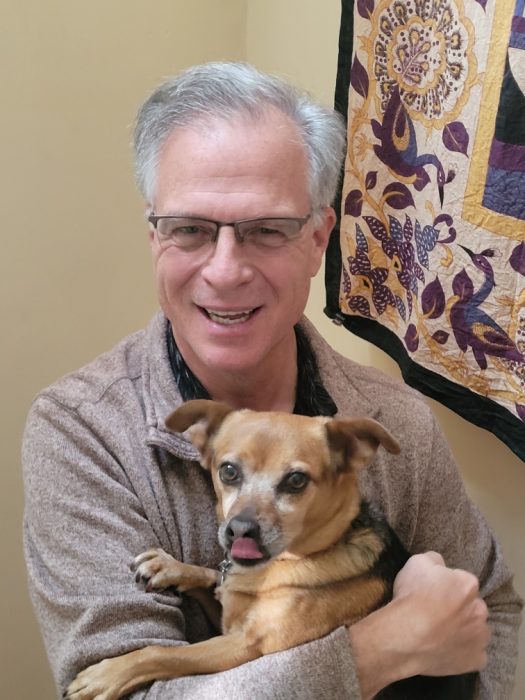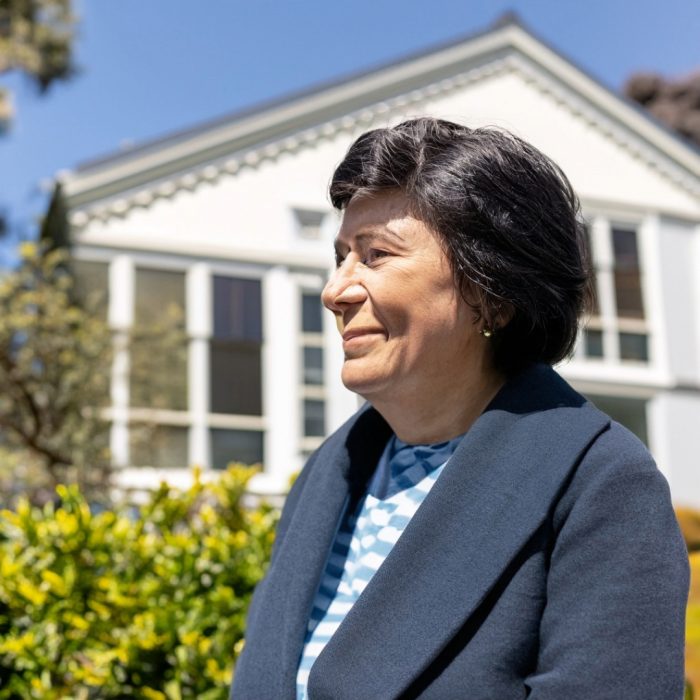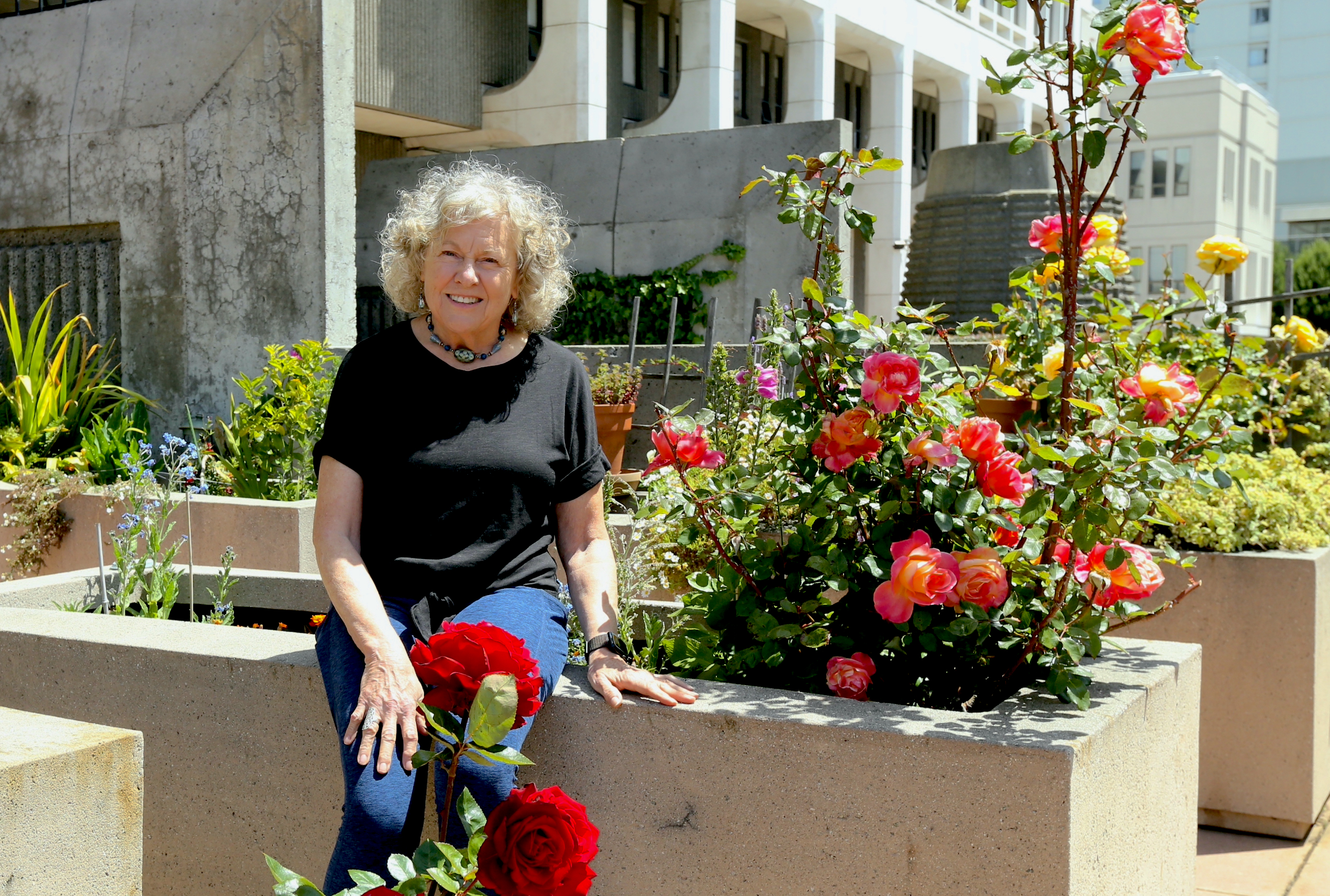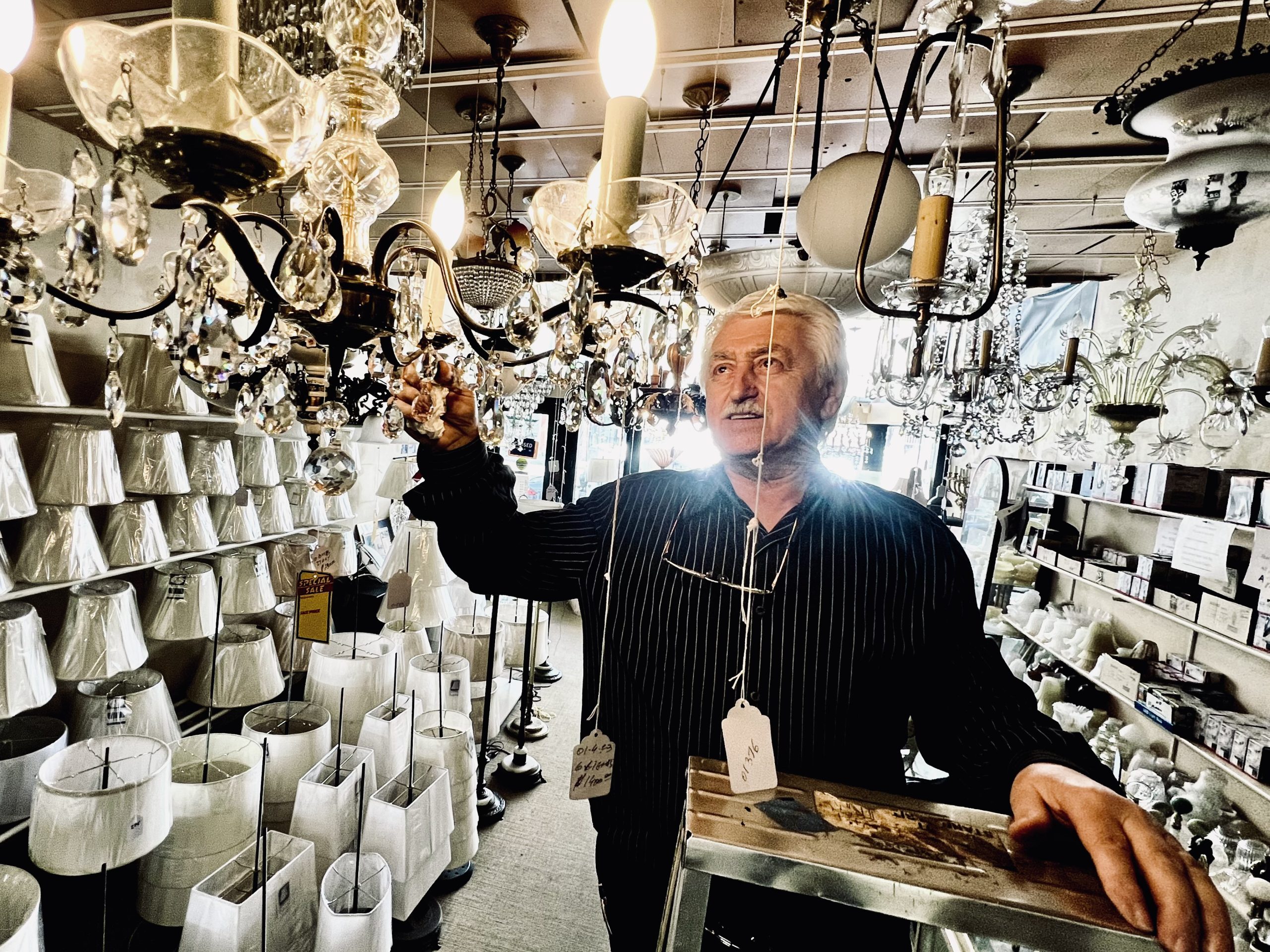Social worker turned fiduciary finds meaningful career in protecting seniors from scammers
The battle to protect seniors from scammers after their savings or property is a never-ending one. Tom Lucas is one of its warriors.
Lucas is a professional fiduciary obligated by law to act in his client’s best interests. In California, fiduciaries are appointed by the probate court to take care of an adult who is incapacitated, overseeing their estate (finances) or personal affairs, and ensuring that they have appropriate health care, food, shelter, clothing, and hygiene.
Lucas has done both many times. “Our work is monitored by the court, and our accounts are subject to a bi-annual review,” Lucas said, flashing on the paperwork waiting for him at home.

Allegations of financial exploitation made up nearly one-third of elder abuse reports in San Francisco last fiscal year, according to the San Francisco Department of Disability and Aging Services. And those 2,332 are likely only a portion of actual cases. Shame, embarrassment, and fear prevent many elders from reporting they’ve been taken advantage of.
The ‘bad neighbor’
Lucas called his first job “the bad neighbor case.” A friend of his had called, concerned about her neighbor, John, an accomplished photographer who had won a Pulitzer Prize, a considerable reputation, and a good income. He was also single, had no close relatives, and was suffering from dementia.
John’s neighbor, a real estate agent, had convinced him to give her power of attorney to sell the large San Mateo home he shared with 22 Persian cats. After giving her power of attorney, she explained, she would then help him move to a nursing home where he would receive the care he deserves.”
A review of the man’s financial statements convinced Lucas that he had the funds to afford the 24-hour care needed to stay in his own home. Lucas immediately stopped the power of attorney process by reporting the neighbor to the police and suing her in civil court. “Not for the money, which she didn’t have, but to take her real estate license.” Under the care Lucas arranged and supervised, the man lived for three more years and died at home. Lucas also arranged a trust for the cats – only eight of whom were still living – that put them in new homes with expenses covered.
Having once aspired to be a priest and working in hospice and as a medical social worker, Lucas is perhaps ideally suited for assuming the responsibilities of a fiduciary.
Priestly thoughts
Tom Lucas hadn’t planned to be a fiduciary. The fourth son in a closely-knit, Catholic family, he received an undergraduate degree from the University of Cincinnati in Urban Planning and took a job with the Environmental Protection Agency. However, his increasing involvement in the church convinced him to prepare for a clerical vocation by studying social work at Loyola University, the Jesuit University in Chicago.
After receiving his master’s in social work, Lucas taught history and facilitated counseling groups at St. Ignatius College Prep, a private Jesuit Catholic school in Chicago.
Still propelled by the drive for ministerial work, he undertook studies at the Graduate Theological Union in Berkeley. For the required field experience, he worked as a chaplain with the Visiting Nurses’ Hospice program. Most of his clients were gay men who had not yet reconciled with their families.
“It was a wonderful education. I was surrounded by people committed to changing the world for the better. The ’80s were an exciting time.”
The AIDS crisis
But for gay people, it was a deadly time. AIDS was decimating the community and neither drugs nor structures were in place to contend with it. Counselors, social workers, and medical professionals who were gay or comfortable working with gay people were in great demand. Lucas was a natural and when he completed the Visiting Nurses’ hospice program, he was hired there as a medical social worker. “There were no mentors in the early years of the movement, no family support,” he said. “Those of us who had already come out were it.”
In 1994, Lucas took a job as one of six social workers with San Francisco’s newly created Adult Protective Services. In the beginning, the agency was only required to collect data on abuse claims. But within four years, California mandated the agency investigate cases and infused enough money to grow the staff to 50. “We became a bureaucracy,” he said. He didn’t like it.
He sold insurance for about a year before deciding to become a fiduciary, thinking it might offer a more meaningful contribution. As one of the few fiduciaries who had worked for Adult Protective Services, and as a declared gay man, Lucas became a strong referral source for APS and the court.
“It’s been a good career for me, very fulfilling,” but “often very difficult.” He’s been sued and threatened. In turn, he’s sued financial planners, doctors, lawyers, religious clergy, caregiver agencies, and nursing homes. “No one is above suspicion,” he said. Working with families on how to deal with aging relatives can be particularly volatile, he said. Adult children “have attacked me, they’ve tried to intimidate me, told me they ‘look forward to the day when they can blow my brains out’.”
Now that he’s approaching retirement, he said that while he loves his work and the rush that comes with it, he wants to live a more balanced life. “It’s time to stop feeding the monkey mind with its cycles of worry, stress, and anxiety that keep me up at night.”
A sensational case
One case in particular was a sleep-killer. It made headlines in San Francisco and beyond. “Con Man Told to Pay 3 Victims” reported SFGATE in 1995. Businessman and real estate developer Peter Rowland hobnobbed with San Francisco’s wealthy socialite; popular San Francisco Chronicle columnist Herb Caen called him a “peripatetic playboy. But he used that access to swindle even those he called his friends.
Contacted by Adult Protective Services, Lucas represented two older women whom Rowland had urged to refinance their home and invest the money with him.
“When I told my clients what was going on, they couldn’t believe he would do this to them,” he said. “It was “an exciting case,” but because a former city supervisor was among Rowland’s close friends, it was not without its stresses. “I felt a lot of political pressure. A lot of sleepless nights, a lot of adrenaline.”
Rowland, who had already served 14 months of a three-year sentence for bilking friends and acquaintances in Santa Cruz County of nearly $1 million, absconded to Europe, where, with plenty of money, he continued to mingle with the elite. He was eventually caught and sent to San Quentin. He died in London in 2005 at the age of 41.
At the height of his career, Lucas’ fiduciary business maintained a payroll of 25 full- and part-time employees: social workers, nurses, case managers, and drivers. Now that he’s not taking on new clients, he employs only a few support staff, “enough to ensure that his clients are well cared for.”
“Professional licensed fiduciaries are called in for all kinds of cases, but whatever the presenting issue, money is involved,” Lucas said. While the circumstances may differ, the theme rarely changes: “A scammer, who could be a relative, a close friend or a neighbor, tries to take advantage of an older person who is already declining.”

Another of his cases involved an elderly woman and the 60-year-old tenant of the small cottage behind her house. “Janet was 80 years of age and had never married or had children. One weekend, he bundled Janet up and took her to Las Vegas, where they married.”
Lucas was alerted by a good friend of the woman, who required 24-hour care and didn’t understand what had happened. He succeeded in getting the court to annul the marriage, ending the man’s ability to inherit her house and forcing him to return the money he had taken from her account
Lucas doesn’t just rescue and run. “I do not want my clients to die alone.” If hospice care, a relative or a friend chooses to stay with them, Lucas may leave. If not, Lucas is there, and so is Baxter, the hospice dog he brings along. “Baxter is a trained emotional support dog. He snuggles in bed with the dying person and seems to calm them.”
In some cases, both he and Baxter are there until the end.
“I’ve had a good career,” Lucas said. “The work has given me a feeling of satisfaction. Fiduciaries play an important role. We give dignity to persons whose dignity has been violated.”






Rev Glenda Hope
Thank you for this, Judy. This man is truly doing the work of God's ministry.
Rose Liggett
I'd like to know more about fiduciaries. Would Mr. Lucas be available for in person advice?
Harriet Zisman
Great story! Very informative.